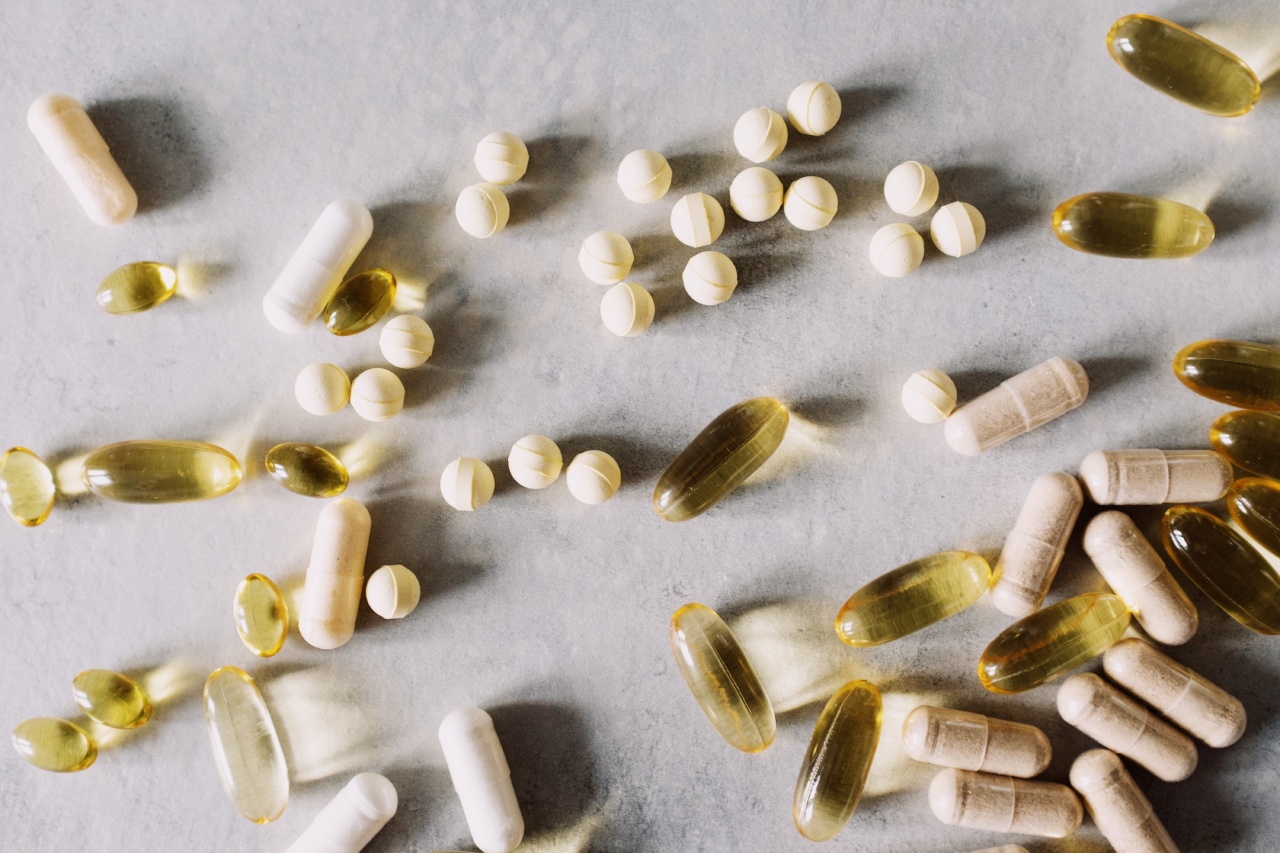Incontinence, or the lack of bladder control, can be an uncomfortable and embarrassing condition. It can affect people of all ages, but it is more common in older adults.
Although there are various causes of incontinence, diet plays a crucial role in its prevention. Here are ten easy ways to prevent incontinence with your diet:.
1. Hydrate with water and avoid bladder irritants
Drink plenty of water to keep your body hydrated and to promote good bladder health. Additionally, avoid bladder irritants such as caffeine, alcohol, and acidic and spicy foods that may stimulate the bladder and increase incontinence symptoms.
2. Increase fiber intake
Fiber is important for regulating bowel movements and preventing constipation. Constipation can cause an overactive bladder which may eventually lead to incontinence.
Add more fiber-rich foods to your diet such as fruits, vegetables, legumes, and whole grains.
3. Reduce salt intake
High salt intake can lead to dehydration and overproduction of urine. This can cause frequent urination and weaken the muscles that control the bladder.
Limit your salt intake by reducing the consumption of processed foods and adding more salt-free spices and herbs to your meals.
4. Consume probiotics
Probiotics are beneficial bacteria that promote gut health. They are found in fermented foods such as yogurt, kefir, kimchi, and sauerkraut.
By improving gut health, these good bacteria can help prevent urinary tract infections (UTIs) which are a common cause of incontinence.
5. Get enough vitamin D
Vitamin D is important for bone and muscle health. Strong muscles are necessary for bladder control, and a deficiency in vitamin D can cause muscle weakness and incontinence.
Get enough vitamin D by consuming fatty fish, eggs, fortified milk, and by spending time in the sun.
6. Avoid artificial sweeteners
Artificial sweeteners such as aspartame and saccharin can irritate the bladder and cause urinary urgency. They are commonly found in diet sodas, sugar-free candies, and processed foods.
Instead of using these sweeteners, opt for natural alternatives such as honey, maple syrup, or stevia.
7. Incorporate magnesium-rich foods
Magnesium is a mineral that helps regulate muscle and nerve function. It is also a natural muscle relaxant. Incorporate magnesium-rich foods such as spinach, almonds, avocados, and dark chocolate into your diet to support bladder control.
8. Eat foods high in antioxidants
Antioxidants are compounds that fight oxidative stress and inflammation in the body. These harmful processes can contribute to urinary tract infections and weaken bladder muscles.
Eating foods high in antioxidants such as berries, leafy greens, and nuts can help prevent incontinence.
9. Reduce high-fat foods
High-fat foods can cause inflammation in the body and increase the risk of UTIs. They can also impair nerve function and weaken bladder muscles.
Reduce the consumption of high-fat foods such as fast foods, fried foods, and fatty meats, and replace them with lean protein, fruits, and vegetables.
10. Manage your weight
Excess body weight can put pressure on the bladder and weaken the pelvic floor muscles, leading to incontinence. Maintain a healthy weight by following a balanced and nutritious diet and engaging in regular exercise.































